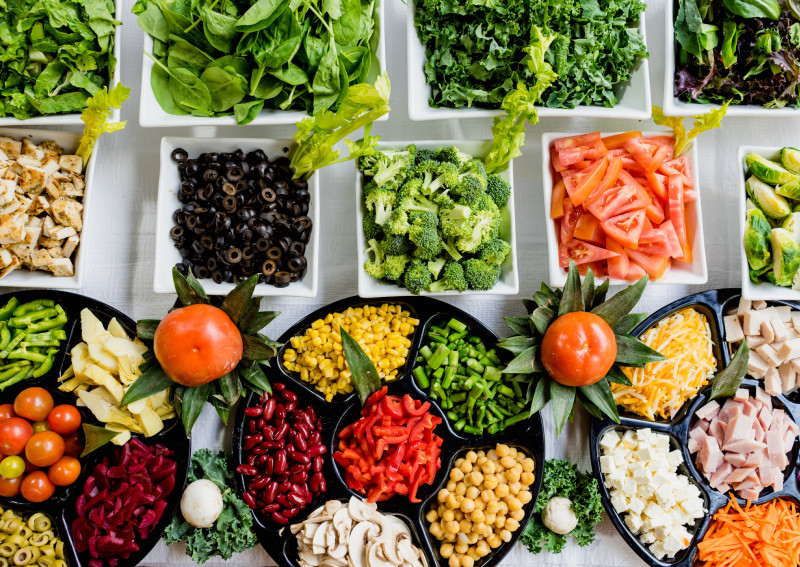These canned food products are actually good for you

Canned foods are often regarded as convenience food: Easy to prepare and high in sodium, sugar and preservatives. Given a choice between canned and fresh food, you would opt for the latter, right?
But not all canned products are equally unhealthy.
Some of them are just as nutritious - if not, more so - than their fresh counterparts, says Yuliana, a plant-based nutritionist.
"When it comes to nutrition, all forms count. Many health organisations such as the USDA have recognised that canned, fresh, frozen and dried foods all help to contribute to healthy eating as long as everything is in good balance," Yuliana says.

A study by the University of California, Davis found that fresh vegetables like spinach can lose up to 75 per cent of their vitamin C within seven days of harvest.
Blanching and freezing them may help to preserve some nutrients, but not for long.
It's worth noting that the process of canning preserves food. "The key is to find healthier canned food products, and combine them with fresh ingredients in a meal," says Yuliana.
"Choose canned products that have a lower amount of sodium, sugar and saturated fat, such as those with the Healthier Choice Symbol. Also check the ingredient list: It should contain simple, key ingredients."
Lycopene, the antioxidant that gives tomato its red colour, is more easily absorbed by the body after cooking or processing.
The same goes for other canned vegetables that are high in vitamin A and carotenes, such as sweet potatoes, carrots and pumpkin.
These nutrients are activated through the canning process.

Fresh fruits is always preferred, but if you're short of time to buy and cut them up, having canned fruits is not such a bad idea.
Based on the National Health and Nutrition Examination Survey, adults who incorporated canned fruits and vegetables into their diets had an overall higher consumption of fruits and vegetables as well as nutrient intake than those who did not.
Tip: Be sure to choose canned fruits in their own juice. If your canned fruit has added sugar, drain and rinse the fruit to reduce the sugar and salt level.

Fatty fish like sardines and mackerel contain omega-3 fatty acids and vitamin D, the two essential nutrients that most Singaporeans lack.
Omega-3 is a good fat that helps to maintain healthy blood cholesterol levels that's essential for brain and heart health. Vitamin D is important to aid calcium absorption for bone health.
An increasing number of studies have found a lack of vitamin D to be linked with various chronic diseases.
Including canned fatty fish in your meal plan can help you meet the Health Promotion Board's recommendation to have at least two servings of fish a week.
One serving is equivalent to one palm-size or 90g of cooked fish.
Tip: Don't chuck the bones from canned sardines; they are an additional source of calcium. Mash them with the meat for easier consumption.
A good source of fibre and minerals, canned peas, beans, lentils et cetera are naturally low in fat and cholesterol-free.
So consider swopping dried beans for canned beans if you're short of preparation time. Canned beans are cheaper too.
This article was first published in Shape.